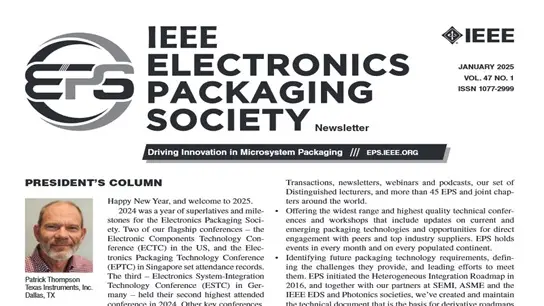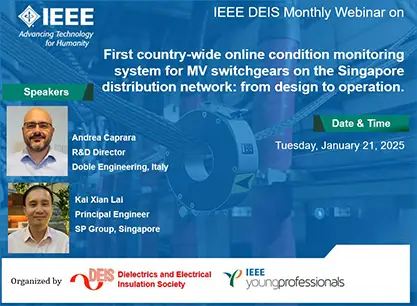-
Members: FreePES
IEEE Members: $25.00
Non-members: $40.00Pages/Slides: 82
Panel
18 Jul 2023
Wildfires are occurring more frequently with increasing damage to power systems. The 2018 Camp fire in northern California burned 153,336 acres, destroyed more than 18,800 homes and structures. The 2016 Blue Cut fire caused thirteen 500 kV line faults in the Southern California Edison (SCE) area and two 287 kV faults in the Los Angeles Department of Water and Power (LADWP) area, and as a result, the California power system lost nearly 1,200 MW solar generation. The latter event directly led the industry to change momentary cessation standards for solar inverters. U.S. Forest Service spends 55% of the agency's annual budget ($5.5 billion as of 2020) on battling wildfires. According to California Department of Forestry and Fire Protection, about 10% of wildfire ignitions in California are sparked by faults on electrical infrastructure or failures of electric equipment. In recent years, wildfires have emerged as a significant risk to public safety and to power system assets. The traditional practice of post-event mitigation of wildfires is costly and resource intensive. It is imperative to move towards more proactive wildfire mitigation and adaptation. However, lack of wildfire data, analytical methods, and tools has been major barriers for proactive Wildfire Mitigation and Adaptation. In this panel, wildfire experts come together to discuss the challenges, the barriers, and the state-of-the-art, and more importantly sharing best practices for wildfire mitigation and adaption, from diverse perspectives as government agencies, researchers, and the power industry.
Presentations in this panel session:
- DOEís support to wildfire assessment and mitigation and relevant programs (23PESGM4036)
- Wildfire events and mitigation for system planning (23PESGM4046)
- Wildfire monitoring, modeling, and mitigation for power system safety shutoff (23PESGM4038)
- Advanced Grid Sensing & Detection, Drones (23PESGM4040)
- AI in Predictive Modeling, Situational Awareness, and Risk Assessment (Distribution Level) (23PESGM4041)
Chairs:
Stewart Cedres, Zhenyu (Henry) Huang
Primary Committee:
Industry Technical Support Leadership Committee (ITSLC)


